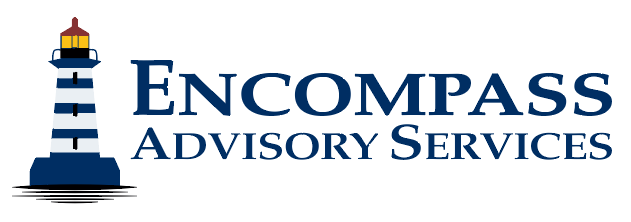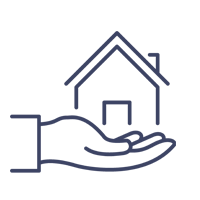FAQs About Your 401(k) Plan
Planning for your future is important, and your 401(k) is a powerful tool to help you build long-term financial security. This FAQ page is here to answer your questions about how your 401(k) plan works, how to maximize your contributions, and what options are available for your retirement savings.
Whether you’re just getting started, need guidance on investment choices, or want to know what happens if you leave your job, we’ve got the answers you’re looking for. Take a moment to explore the sections below to learn more about your 401(k) and how it can work for you.
If you have additional questions, don’t hesitate to reach out—we’re here to help you every step of the way on your retirement journey!
401(K) Solutions
What is a 401(k) plan, and how does it work?
A 401(k) plan is a retirement savings account sponsored by an employer. It allows employees to save and invest a portion of their paycheck before taxes are taken out. The invested funds can then grow tax-deferred until withdrawal during retirement.
What are the benefits of participating in a 401(k) plan?
Participating in a 401(k) plan offers several advantages. Firstly, contributions are typically made through automatic payroll deductions, making saving effortless. Additionally, many employers offer matching contributions, effectively providing free money towards your retirement savings. Furthermore, contributions are made on a pre-tax basis, reducing your taxable income and potentially lowering your current tax bill.
What happens to my 401(k) if I change jobs?
When you leave your job, you have several options for your 401(k) plan. You can leave the funds in your former employer's plan, roll it over into your new employer's plan (if they offer one), roll it over into an Individual Retirement Account (IRA), or cash it out. Rolling over the funds into an IRA or your new employer's plan allows you to continue growing your retirement savings tax-deferred without penalties.
What are Roth 401(k) contributions, and how do they differ from traditional 401(k) contributions?
Roth 401(k) contributions are made with after-tax dollars, meaning contributions are taxed upfront. However, qualified distributions, including earnings, are tax-free during retirement. In contrast, traditional 401(k) contributions are made with pre-tax dollars, reducing your taxable income in the year of contribution, but distributions are taxed as ordinary income during retirement. Choosing between Roth and traditional contributions depends on your current and future tax situation.
How do I track and manage my 401(k) investments over time?
Most 401(k) plans offer online portals or mobile apps where you can track and manage your investments. These platforms typically provide tools for monitoring account balances, reviewing investment performance, adjusting contribution amounts, and rebalancing your portfolio. Regularly reviewing your 401(k) investments and adjusting them to align with your retirement goals is essential for long-term financial success. Additionally, seeking advice from a financial advisor can provide valuable insights and guidance.
What is vesting, and why is it important?
Vesting refers to the amount of time an employee must work for the company before they own the employer’s contributions to their 401(k). Employee contributions are always fully vested, but employer contributions may have a vesting schedule.
What are the tax advantages of a 401(k)?
Traditional 401(k) contributions are made pre-tax, reducing taxable income in the year of contribution. Roth 401(k) contributions are made post-tax, allowing for tax-free withdrawals in retirement.
When can I access my 401(k) funds?
Funds can typically be accessed penalty-free starting at age 59½. Early withdrawals may incur a 10% penalty and income tax unless certain exceptions apply.
Can I borrow from my 401(k)?
Some plans allow loans, typically up to 50% of the vested balance or $50,000, whichever is less. Loans must be repaid with interest within a specified timeframe to avoid penalties.
What happens to my 401(k) if I pass away?
Your 401(k) balance is passed to your designated beneficiaries. It's essential to keep beneficiary information up to date to ensure your wishes are followed.










